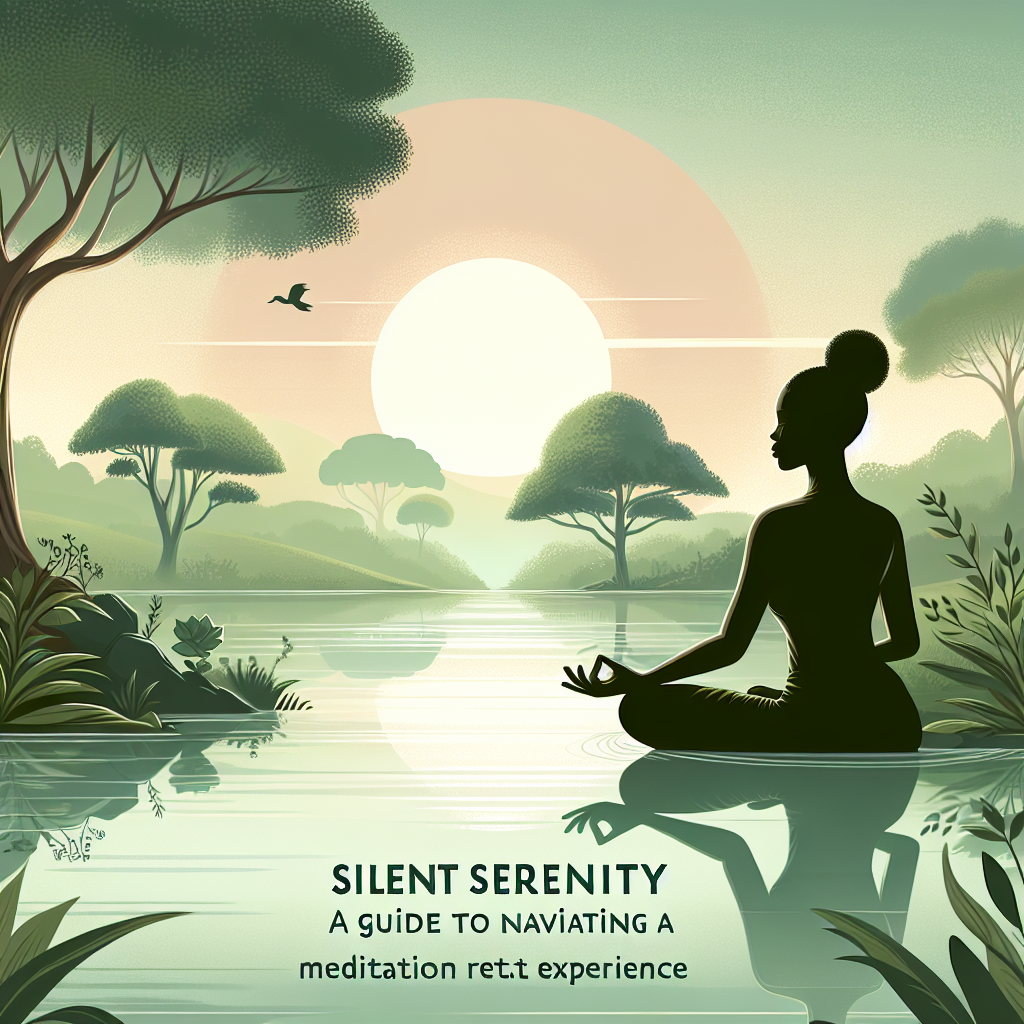In today’s fast-paced and chaotic world, finding mental clarity can feel like an impossible task. With endless distractions, noise, and demands on our time and attention, it’s no wonder that many people struggle to maintain focus and peace of mind. However, there is a powerful tool that can help unlock mental clarity and provide a sense of calm and focus in the midst of life’s chaos – meditation.
Meditation is a practice that has been used for centuries in various cultures and traditions as a way to cultivate mindfulness, focus, and inner peace. It involves focusing the mind on a specific object, thought, or activity in order to quiet the mental chatter and achieve a state of deep relaxation and awareness. Through regular meditation practice, individuals can learn to train their minds to let go of distractions, reduce stress and anxiety, and improve their overall mental well-being.
One of the key benefits of meditation is its ability to enhance mental clarity. By clearing the mind of clutter and noise, meditation can help individuals think more clearly, make better decisions, and focus on the task at hand. When the mind is calm and focused, it is better able to process information, solve problems, and stay present in the moment.
Meditation can also provide a sense of peace and tranquility, even in the midst of chaos. By practicing mindfulness and deep breathing techniques, individuals can learn to stay grounded and centered, no matter what challenges they may be facing. This sense of inner peace can be incredibly empowering and can help individuals navigate through life’s ups and downs with grace and ease.
In addition to improving mental clarity and peace of mind, meditation has a multitude of other benefits for overall health and well-being. Studies have shown that regular meditation practice can reduce stress, lower blood pressure, improve sleep, boost immune function, and even enhance cognitive function. By taking just a few minutes each day to sit in stillness and silence, individuals can reap the many rewards of a meditation practice.
There are many different types of meditation techniques that individuals can explore to unlock mental clarity and peace of mind. Some popular forms of meditation include mindfulness meditation, loving-kindness meditation, breath awareness meditation, and guided visualization. Each of these practices has its own unique benefits and can be tailored to suit individual preferences and needs.
If you are new to meditation, it can be helpful to start with a simple practice, such as focusing on your breath or repeating a calming mantra. Set aside a few minutes each day to sit quietly and take deep breaths, allowing your mind to settle and your body to relax. As you become more comfortable with the practice, you may choose to explore different techniques or attend a meditation class or retreat for guidance and support.
As with any new skill or practice, consistency is key when it comes to reaping the benefits of meditation. Set aside time each day to dedicate to your practice, even if it’s just for a few minutes. Over time, you may find that your meditation practice becomes a cherished daily ritual that helps you stay centered, focused, and at peace
FAQs
Q: How long should I meditate each day?
A: The length of time you meditate each day is up to you. Some people find benefit from just a few minutes of meditation, while others may prefer longer sessions of 20-30 minutes. The key is to find a consistent practice that works for you and fits into your daily routine.
Q: Can anyone meditate, regardless of experience or skill level?
A: Yes, anyone can meditate, regardless of experience or skill level. Meditation is a practice that can be tailored to suit individual preferences and needs. Whether you are a complete beginner or an experienced practitioner, there is a meditation technique that can work for you.
Q: What are some common challenges people face when starting a meditation practice?
A: Some common challenges people face when starting a meditation practice include restlessness, difficulty focusing, and impatience. These challenges are normal and can be overcome with practice and perseverance. It’s important to be patient with yourself and give yourself grace as you embark on your meditation journey.
Q: Can meditation help with anxiety and stress?
A: Yes, meditation has been shown to be an effective tool for reducing anxiety and stress. By practicing mindfulness and deep breathing techniques, individuals can learn to calm the mind and relax the body, reducing the impact of stress on their overall well-being.
Q: How can I incorporate meditation into my daily routine?
A: There are many ways to incorporate meditation into your daily routine. You can set aside time each morning or evening for a formal meditation practice, or you can incorporate mindfulness techniques into your daily activities, such as walking or eating. Experiment with different approaches to find what works best for you.
In conclusion, meditation is a powerful tool for unlocking mental clarity, focus, and peace of mind in today’s hectic world. By cultivating mindfulness, relaxation, and awareness through regular meditation practice, individuals can learn to quiet the mind, reduce stress and anxiety, and improve their overall well-being. Whether you are new to meditation or an experienced practitioner, there is a meditation technique that can work for you. So take a few minutes each day to sit in stillness and silence, and discover the transformative power of meditation for your mental clarity and peace of mind.




Leave A Comment